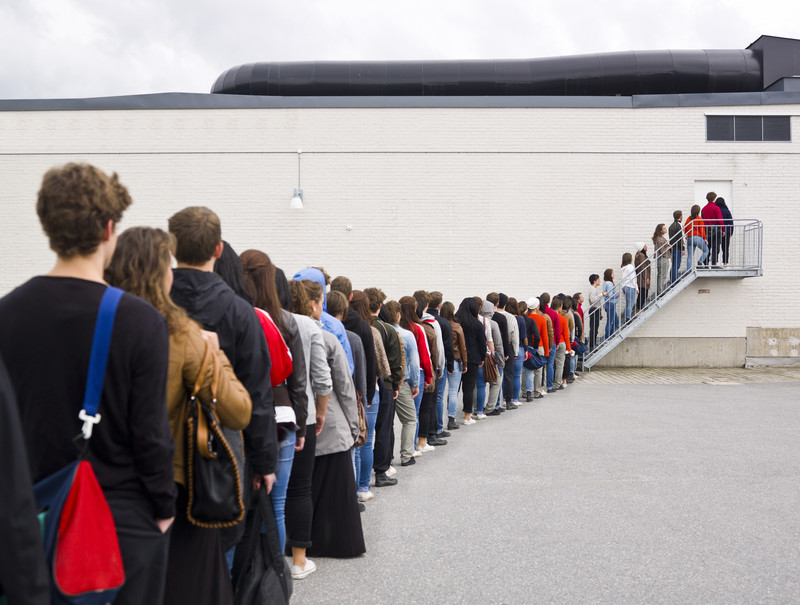I wrote this, and I’m not sorry…
- blog
- Uncategorized
- I wrote this, and I’m not sorry…
I wrote this, and I’m not sorry…
May 02, 2012
2 Comments
I’m English – that’s my excuse. What’s yours?
I have heard myself use being English as a reason for saying ‘sorry’ far too much. I apologize for asking for things in stores, I say sorry to the chair for bumping into it, and apologize for countless things that aren’t my fault at all.
Sorry, I should say I used to do that. I have given that word back the power it should have, and only use it when I really mean it.
The other day I was at one of the bigger coffee shops (no, not that one – the other one) and there was a line, there is always a line so it wasn’t a big deal. When I got to the front the very polite server said “I’m sorry about the wait”, I heard the same line from different people in stores all day. (I was looking out for it). Sorry about the wait, sorry that we don’t have that in stock, sorry that another customer took so long. We are sorry when we are late, sorry when we return a phone call, sorry for being sorry. I’m all for living in a polite society (I grew up in England), but when we use a word too much it means nothing.
No company should apologize for being busy, I expected it. It would be better for them, and me, if they said “thank you for being patient”, or “thank you for waiting”. Always make it about your customer, not you. Thank them, don’t apologize to them. It’s much more positive, much more productive and even more polite.
I don’t want people to think of me as a ‘sorry’ person and I would be quite offended if they believed that everything I apologized for was my fault. Yes, read that again – if people started blaming you for everything you say sorry for, how would that feel? We often say sorry so that the other person can tell us it’s not our fault – not really the best reason to use such a compassionate word.
If people walk into a training or coaching session I’m giving late and apologize, I always reply with “don’t be sorry you are late, be pleased you are here now…. but you missed some great stuff”. I start my stuff on-time as a respect to the people that are there, I don’t want to apologize to them for starting late when they showed up on time.
Replace ‘sorry’ with more positive words, unless everything is really your fault. There is, of course, a time and place to apologize but it isn’t all the time and everywhere. Take the blame only when it is yours and then seek to right the wrong – none of us are perfect. Let’s use sorry when we really mean it, rather than a word we just insert into every other sentence. It will have more impact.
(This column was first published in The Daily Advertiser on April 30th 2012 – all rights reserved)

Todd Zimmerman
May 2, 2012 at 7:39 amThanks for the tip Aileen. I do that all the time. You’ve just given me a positive tool.
aileen
May 2, 2012 at 11:36 amIt really works – keeps everyone more positive